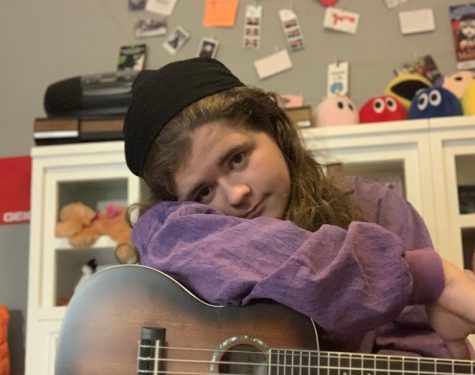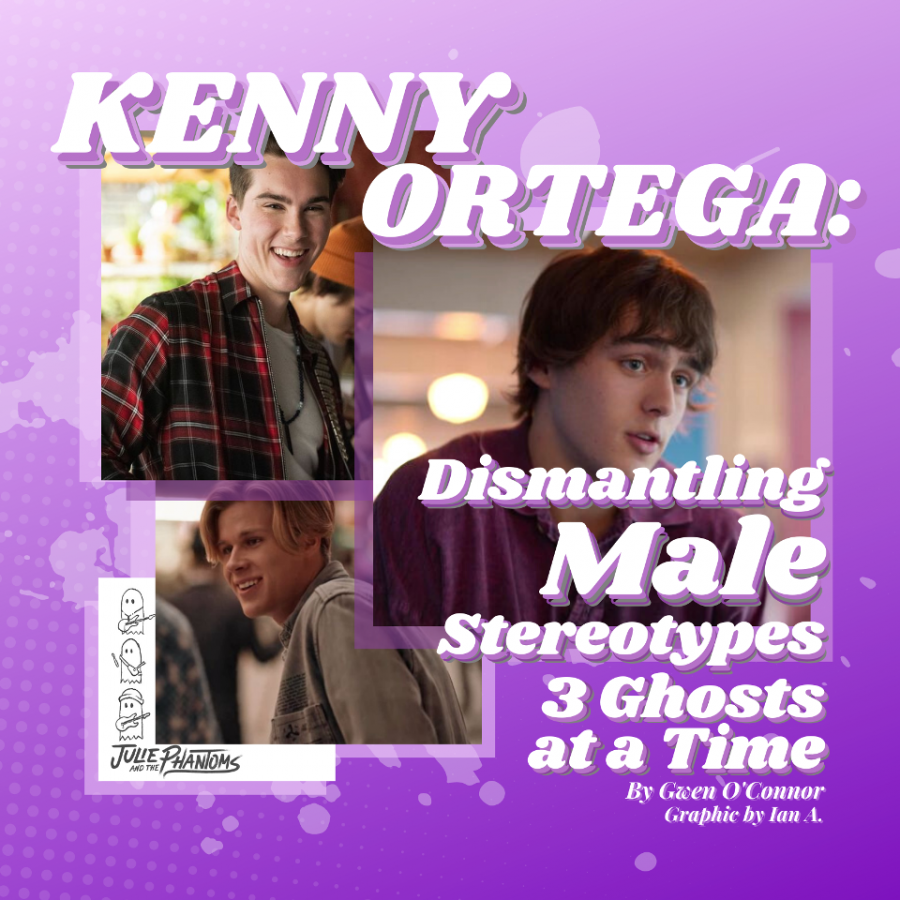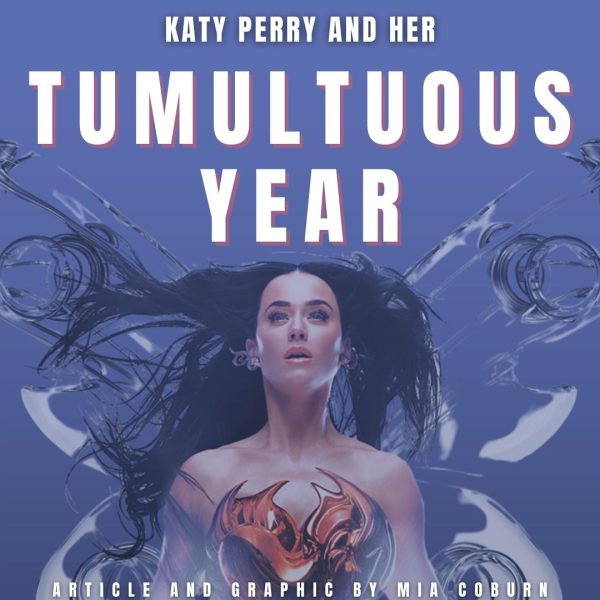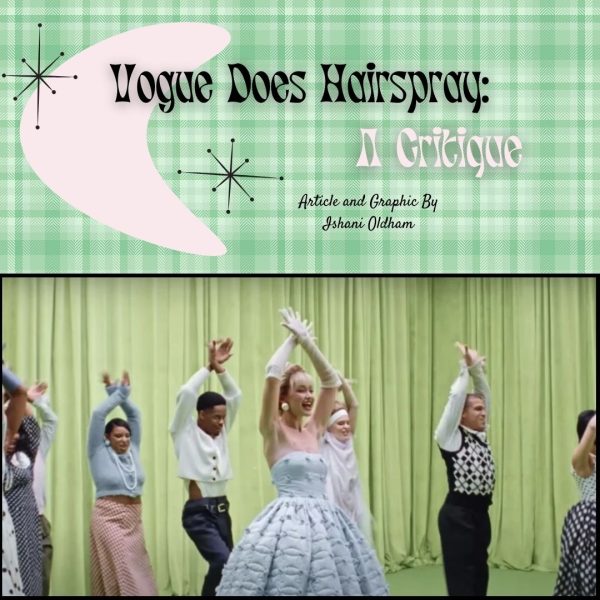Kenny Ortega: Dismantling Male Stereotypes 3 Ghosts at a Time
“How can you expect the rest of us to be focused on a game when you’re off in leotards singing ‘Twinkle Town’?” This punchline from the 2006 classic High School Musical, originally intended for comedic purposes, introduces audiences to the harsh reality of the stereotypes towards teenage males in mainstream media. Protagonist Troy Bolton wants to experience acting and musical theater, but his friends and teammates view it as embarrassing and slightly feminine. He is met with insults, jokes, and harassment for not sticking to the status quo, and doing something that is not cool enough.
However, now over a decade later, director of the HSM franchise, Kenny Ortega, strays from this stereotype of males in high school in his new Netflix original series, Julie & the Phantoms. In the show, the ghosts of three band members — Luke, Reggie, and Alex — appear in the mortal world from playing their music and meet the protagonist, Julie, face-to-face. Ortega, along with the creative team and the actors themselves, incorporate a new layer of typical tropes when it comes to teen males, encouraging audiences to be more than labels. Luke is the Bad Boy who cares more about his music and friends than holding up a stoic facade; Reggie, the Flirty Goofball, thrives around others, and lives his life like an open book for anyone to read; and Alex, the Emotional One, is incredibly smart and enjoys having fun.
All three of these characters are extremely in touch with their emotions, though Alex comes off as the Emotional One. He guides himself with his heart, and is constantly wearing it on his sleeve. He appears as more emotional than the other two because of his willingness to be vulnerable around his loved ones, and isn’t afraid to let others know how he feels. However, he is also very smart and witty. Luke sheds more than one tear throughout the season while also being characterized as the Bad Boy, and his character development with his family problems shows relatable depth. The sad reality that some parents do not support their children’s dreams is apparent in his development, but so is the fact that parental issues do not always invoke hate and anger; sometimes, they cause sadness and regret. Reggie isn’t afraid to be vulnerable if it means comforting those he loves, and is extremely observant, choosing to see the best in others. He always has a smile on his face, and would bend over backwards to put a smile on his friend’s faces. Reggie works best with others, and gives the best advice.
Along with emotional stability, sexuality between the trio is quite fluid, making evident that they do not feel uncomfortable holding hands, hugging, or even occasionally flirting with each other. While neither Reggie nor Luke’s sexuality has been confirmed, it is revealed that Alex is gay, and even has a budding romance with side character Willie fairly early on. Unlike some high school dramas that incorporate a same-sex couple in the later seasons or towards the end of the series to fill a certain quota of representation, JATP introduces audiences to the “Willex” ship from episode 3, continuing throughout the rest of the season. Alex is also not given the overly-flamboyant, obsessed with fashion personality like many gay characters in teen dramas.
Nowadays, it isn’t uncommon for mental health issues to be incorporated into plot lines of young adult television, but JATP takes one’s experience with anxiety and adds a new perspective. Alex is written to have anxiety, but his tendencies are not hyperbolic, and are often quite subtle, contradicting the stereotype that mental health issues control everything one can do. As the drummer of the band, Alex uses his anxiety to fuel his drumming abilities, using the band as a way to both calm him down and let his nerves unravel without lashing out.
Too many times have we seen the high school dramas over-saturated with the main guy holding back his passion to fit the perfect boy image. Julie and the Phantoms is just one example of the slow dismantling of the definition of masculinity in mainstream media. Gone are the singular images of characters invested in sports and their popularity. Now, fans from across the world are inspired to follow their dreams past societal norms and be completely themselves. Hopefully in the near future, there will be more Lukes, Reggies, and Alexs on every screen.

(She/her)
Gwen is over-the-moon to be back in school for her senior year, and to be Co-Editor in Chief of the Eagle's Eye! Her favorite topics to write...











